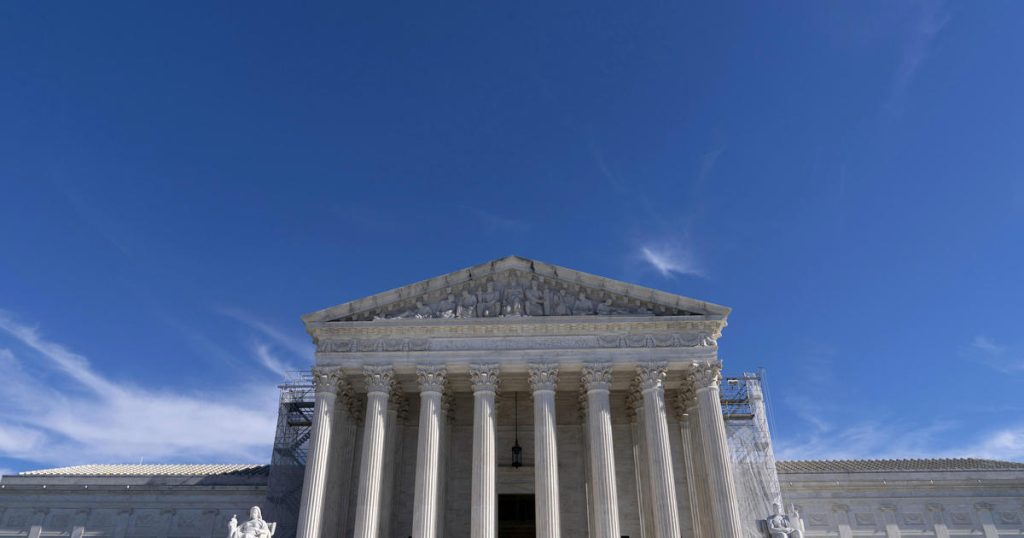In a recent Supreme Court ruling, the court maintained the boundaries of a congressional district in South Carolina that a lower court had deemed an unlawful racial gerrymander. The high court, in a 6-3 decision, overturned the lower court’s ruling, stating that the district court’s findings were “clearly erroneous.” The conservative majority argued that race and politics closely correlate in South Carolina and that there was no direct evidence of racial gerrymandering presented by the challengers.
The case, known as Alexander v. South Carolina Conference of the NAACP, involved allegations of racial gerrymandering in Congressional District 1 in South Carolina, represented by Republican Rep. Nancy Mace. The district had previously been found to have been drawn with racially discriminatory intent by GOP lawmakers during the redistricting process in 2021. However, the Supreme Court ruled in favor of the Republican mapmakers, who maintained that politics, not race, was the predominant factor considered in drawing the district boundaries.
South Carolina Republicans and the state chapter of the NAACP had requested a ruling by January to ensure clarity for voters in the 2024 elections. The dispute over the boundaries of Congressional District 1 had been ongoing since the redistricting process in 2021. The majority opinion, written by Justice Samuel Alito, argued that the map’s challengers failed to provide direct evidence to support their claim of racial targeting in the drawing of Congressional District 1.
Despite the dissenting opinion by Justice Elena Kagan, who accused the majority of cherry-picking evidence and impeding racial gerrymandering cases, the Supreme Court ultimately sided with the South Carolina Republicans. Justice Clarence Thomas, in a concurring opinion, argued that courts should not hear racial gerrymandering claims at all, stating that drawing political districts is a task for politicians, not federal judges. Thomas emphasized the lack of judicially manageable standards for resolving such claims.
The case over Congressional District 1 in South Carolina is part of a broader trend of disputes over redistricting that have arisen following the 2021 redistricting process. Similar cases have been decided in other states, such as Alabama and Louisiana, where new congressional maps have been crafted to address issues of racial gerrymandering. These disputes have implications for the upcoming elections, as the redistricting process can impact the partisan balance and representation of different groups in Congress. The Supreme Court’s decision in the South Carolina case reflects the ongoing debate over the role of race and politics in the drawing of voting districts.


